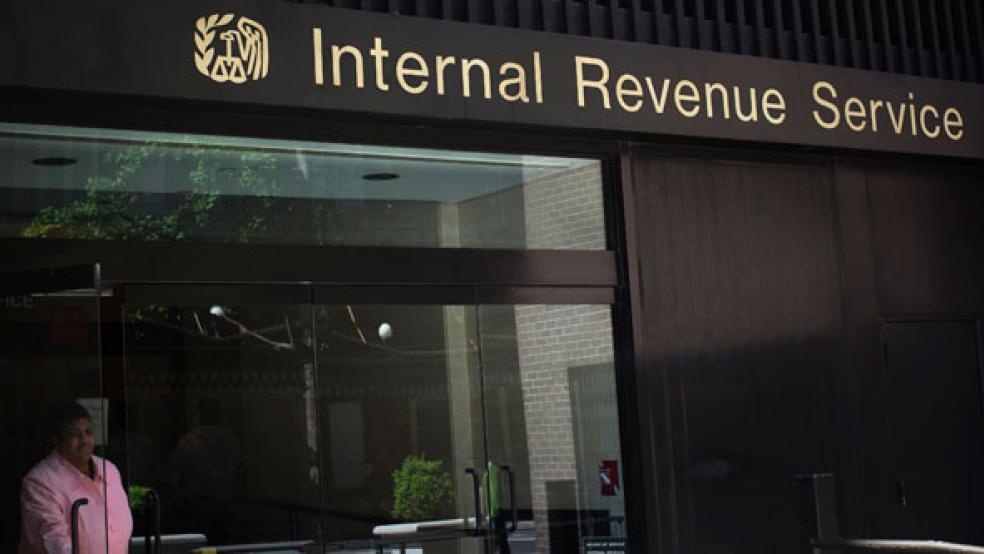Billions of tax dollars are wasted every year because the Internal Revenue Service fails to comply with federal laws intended to prevent the agency from making improper payments through its low-income tax credit program.
The Earned Income Tax Credit – which caters to low-income working Americans - has been plagued with problems for years due to the agency’s noncompliance.
Related: IRS Overpaid Low-Income Tax Credit by $132 Billion
The Office of Management and Budget has even designated it as one of the most high-risk programs since the IRS can’t seem to get a handle on how to stop making improper payments.
Indeed, roughly a quarter of the total EITC payments were considered erroneous in 2013, the Treasury Inspector General for Tax Administration said in a report released Tuesday.
The auditors said the agency failed to comply with the Improper Payment Elimination and Recovery Act (IPERA), a law passed in 2010 to curb the waste. Non-compliance resulted in between $13 and $15 billion improper payments last year, according to the report. That’s up from between $11 and $13 billion in 2012.
“The IRS can and must do more to protect taxpayer dollars from waste, fraud and abuse,” said J. Russell George, Treasury inspector general for tax administration.
The IRS has been extremely slow to implement the law. Under IPERA, improper payments must account for less than 10 percent of total payouts. Still, they have exceeded 20 percent since 2003.
Related: Feds Blow $100 Billion Annually on Incorrect Payments
The agency says it is making progress in addressing the improper claims. Officials also disputed the auditor’s calculations-- saying that some of the money should be considered part of the “tax gap,” which refers to the amount taxpayers underpay to the agency, rather than improper payments.
They argue that a portion of those improper payment claims are submitted by tax preparers on behalf of their clients.
Still, while the IRS has initiatives in place to reduce the tax gap, the IPERA is the only mechanism to curb improper EITC payments.
The IRS has tried to regulate tax preparers in order to reduce some of the improper payments. However, a federal court ruled that the agency does not have the authority to do so.
The report says IRS officials are in discussion with the Treasury Department and the Office of Management and Budget to develop measures to gauge the impact of EITC compliance, and figure out a way to measure the agency’s progress.
Since 2003, the IRS has doled out between $124 billion and $148 billion in improper payments, according to the auditors.
Top Reads from The Fiscal Times:
- Geithner Book Settles Scores, Defends Policies
- Overregulation Is Killing America’s Can-Do Spirit
- House Republicans Propose Controversial Tax Vote





